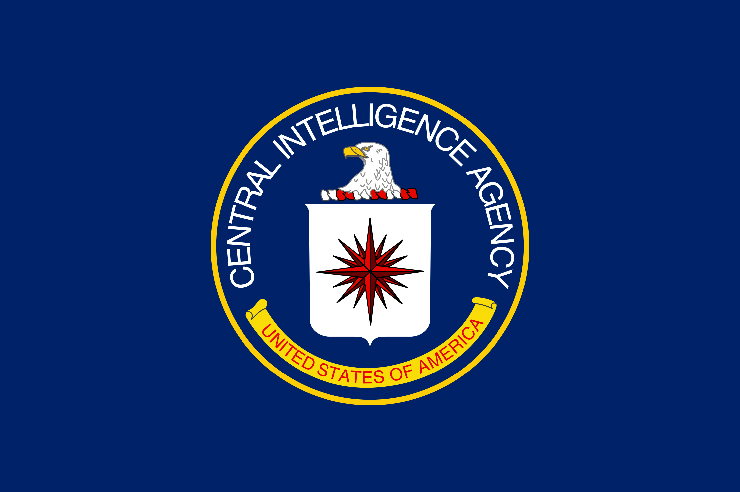Agents in the intelligence community should quit to protest the political manipulation that has damaged their credibility and effectiveness.
Published in Foreign Policy In Focus.
The global pursuit of terrorists relies on diligent people in our intelligence agencies. No doubt, in the buildup to the Iraq war, many honest and hard-working intelligence analysts set out to identify genuine threats to the U.S. and the wider world.
In the Iraq invasion’s wake we are learning that the White House made fools of those responsible agents.
Intelligence-gathering requires impartial and apolitical labor if it’s going to be worth anything. Unfortunately, this activity now appears to be one of many victims of the Bush Administration’s aggressive foreign policy.
Since last fall we have heard stories about anger within the intelligence community over political pressure to produce politically useful information about Iraq’s weapons. Lately more and more of these reports have seeped into the media.
Internal grumbling enabled the problem to leak outside government circles. Intelligence officials who feel the White House compromised their credibility and effectiveness should now do more to force a serious public investigation. They should resign in protest.
As early as last October, Knight Ridder/Tribune Information Services reported the view of an anonymous intelligence officer that “Analysts at the working level in the intelligence community are feeling very strong pressure from the Pentagon to cook the intelligence books.” While “a dozen other officials echoed his views in interviews… No one who was interviewed disagreed.”
In February, CBS News reported that U.N. inspectors were so frustrated by the poor quality of information coming U.S. intelligence that they described the tips as “garbage after garbage after garbage.”
One particularly poor tip—perpetuated as truth in President George W. Bush’s State of the Union Address—contended that Iraq was obtaining uranium from the African nation of Niger. An official from the International Atomic Energy Agency told the New Yorker that “These documents are so bad that I cannot imagine that they came from a serious intelligence agency. It depresses me… that it was not stopped.”
When the fabricated story became a cause of disgrace internationally, Secretary Powell told NBC News, “It was the information that we had. We provided it. If that information is inaccurate, fine.”
That sort of blasé attitude does little to reassure the American public that our knowledge about real terrorists is sound. And it provides few answers for foreign allies wondering about the motives of an Administration that continues to oppose substantial U.N. involvement in the search for banned Iraqi weaponry.
The fact is that, despite conflicting views amongst intelligence officers about Saddam’s weapons and links to Al-Qaeda, the White House presented its case as “airtight.” It was simply too politically inconvenient to give an honest assessment of the available information.
Now that an internal review underway at the CIA has been made public, and that dozens of Congresspeople are pushing an expanded investigation, dissenting intelligence officers have a patriotic duty to go further in voicing their outrage.
U.S. intelligence agency staff aren’t hired by particular administrations to serve as political attack dogs. They are public employees, serving all U.S. citizens. The political abuse of the $30 billion spent yearly on our intelligence apparatus has serious consequences for those who are supposed to protect this country from terrorism.
The Bush Administration’s willingness to act aggressively regardless of the facts at hand is, unfortunately, alienating many nations—including numerous traditional allies with whom U.S. intelligence officials must cooperate in order to rout terrorist networks.
So far this year, at least three senior U.S. career diplomats have resigned, making strong statements of protest against Washington’s foreign policy strategies and disregard for world opinion.
Resignations by intelligence officials now could do even more. These brave public servants would show that the Administration has put us on a path that makes the world more dangerous. And they would make a clear case for a public inquiry into the White House’s manipulation of intelligence.
While they are at it, the officials might also salvage their own credibility. Sadly, with their claims discredited on the world stage, the U.S. intelligence establishment now appears to outsiders to be filled with liars or incompetents.
And it’s scary to contemplate which would be worse.
__________
Research assistance for this article provided by Katie Griffiths. Photo credit: U.S Government / Wikipedia Commons
